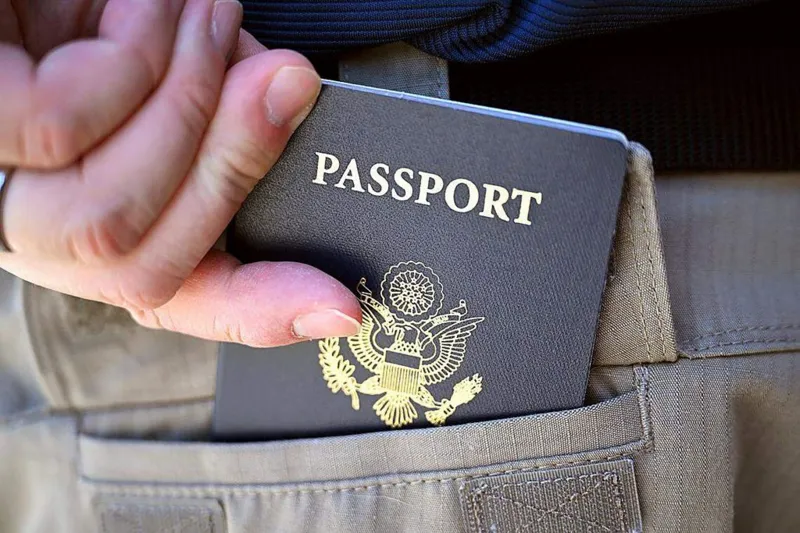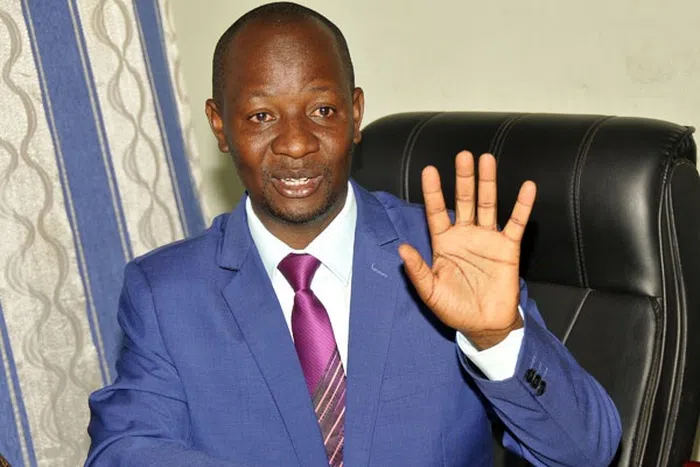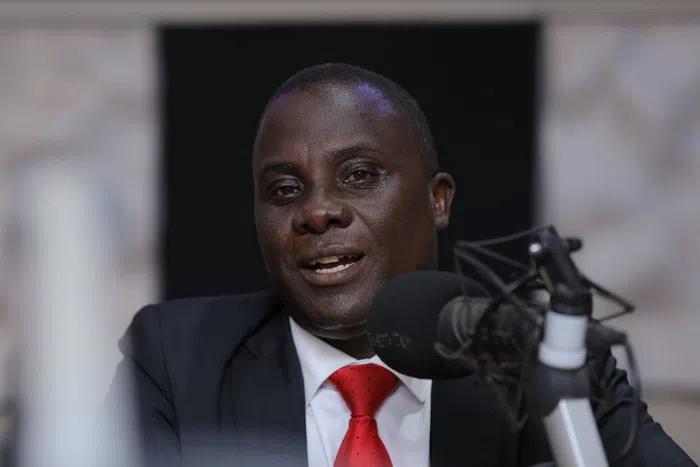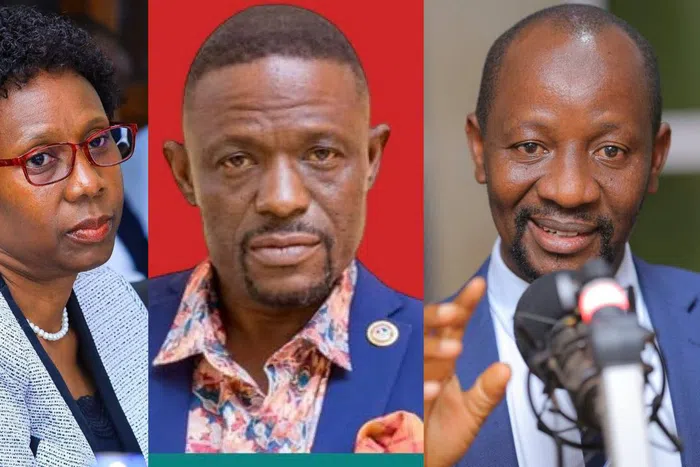
Mali Imposes Reciprocal $10,000 Visa Bond on US Visitors in Tit-for-Tat Move
October 13, 2025
In a sharp diplomatic response, Mali has announced it will require American citizens to post refundable bonds of up to $10,000 for business and tourist visas, mirroring identical requirements recently imposed by the Trump administration on Malian nationals. The reciprocal move, announced Sunday by Mali’s Foreign Ministry, marks an escalation of tensions between the two nations despite recent efforts to improve cooperation on counterterrorism and economic partnerships .
The tit-for-tat visa bond requirements reveal growing friction in U.S.-Africa relations as the Trump administration expands immigration enforcement measures across the continent. Mali’s government described the U.S. bond program as “unilateral and discriminatory,” asserting that its response was based on the principle of reciprocity and respect for national sovereignty .
The U.S. Visa Bond Program
The Trump administration’s visa bond program, announced earlier this month, requires nationals from several African countries to post substantial refundable bonds before receiving U.S. business or tourist visas . The U.S. State Department identified seven African countries subject to these requirements:
Country Implementation Date Bond Amounts
Malawi August 20, 2025 $5,000-$15,000
Zambia August 20, 2025 $5,000-$15,000
Gambia October 11, 2025 $5,000-$15,000
Mali October 23, 2025 $5,000-$10,000
Mauritania October 23, 2025 $5,000-$10,000
Sao Tome and Principe October 23, 2025 $5,000-$10,000
Tanzania October 23, 2025 $5,000-$10,000
Source: U.S. Department of State
The U.S. Embassy in Bamako stated the bond requirement “reinforces the United States government’s commitment to protecting America’s borders and safeguarding U.S. national security” . Countries were selected based on high overstay rates, screening deficiencies, and foreign policy considerations .
Under the program, Malian applicants who are otherwise eligible for visas must post bonds through the Treasury Department’s Pay.gov platform and submit Department of Homeland Security Form I-352. The bond amounts—$5,000 or $10,000—are determined by consular officers based on individual circumstances during visa interviews .
Mali’s Reciprocal Action
Mali’s Foreign Ministry announced its matching policy on Sunday, stating it would “establish an identical visa programme, imposing on American nationals the same conditions and requirements as those applied to Malian citizens” . The ministry emphasized that the U.S. had implemented its bond requirement without consultation, violating the spirit of a 2005 bilateral agreement that guaranteed long-term multiple-entry visa access between the two nations .
“Mali has always collaborated with the United States of America in the fight against irregular immigration, with respect for law and human dignity,” the ministry stated, while reaffirming its commitment to “fruitful cooperative relations” based on mutual respect .
Diplomatic Context and Geopolitical Shifts
The visa dispute comes despite recent efforts to improve U.S.-Mali relations. In July, U.S. officials visited Mali to discuss counterterrorism cooperation and potential economic partnerships related to Mali’s significant gold and lithium reserves .
Relations between the two countries have been strained since a 2021 coup brought General Assimi Goïta to power. His government has pivoted the West African nation away from former colonial power France and toward Russia, expelling French troops and bringing in mercenaries from Russia’s Wagner Group, which have since been replaced by Africa Corps .
This realignment forms part of a broader geopolitical shift in the region, with Mali seeking alternative partnerships to address a persistent jihadist insurgency that has plagued the country for years .
Broader U.S. Immigration Policy in Africa
The visa bond program represents one aspect of the Trump administration’s expanded immigration enforcement measures across Africa. The administration has increasingly turned to African nations as destinations for deportees as part of its immigration crackdown .
This approach has created additional diplomatic friction:
· Burkina Faso refused to accept deportees from the U.S. last week, prompting Washington to suspend all visa services at its embassy in Ouagadougou .
· South Sudan initially had visas for all passport holders revoked following a deportation dispute, though it later accepted eight people from Asian and Latin American countries .
· Eswatini agreed to receive up to 160 deportees in exchange for $5.1 million in U.S. funding, while Ghana, Rwanda and Uganda have also accepted expelled migrants under bilateral arrangements .
Implications and Reactions
The reciprocal visa bonds may have significant implications for business travel and diplomatic relations. American companies exploring Mali’s resource-rich mining sector, particularly its gold and lithium industries, could face additional barriers . Similarly, critics warn the U.S. policy could harm America’s tourism economy, especially with the 2026 FIFA World Cup approaching .
The bond mechanics work similarly for both countries: the money is refunded if visitors depart before their authorized stay expires, but forfeited for overstays or asylum applications . U.S. policy also restricts travelers subject to bonds to entering and exiting through just three designated airports: Boston Logan International Airport (BOS), John F. Kennedy International Airport (JFK), and Washington Dulles International Airport (IAD) .
A Diplomatic Standoff
The escalating visa requirements between the United States and Mali highlight growing tensions in U.S.-Africa relations as both nations assert their immigration policies as matters of national sovereignty and diplomatic principle. As Mali aligns more closely with Russia and the U.S. intensifies its immigration enforcement, the reciprocal bonds represent both a practical barrier to travel and a symbolic manifestation of broader geopolitical realignments in West Africa.
The situation remains fluid, with both governments expressing theoretical openness to cooperation while firmly maintaining their respective positions. How this diplomatic standoff evolves may signal broader patterns in U.S. relations with African nations amid shifting global alliances.
This is a developing story. Follow for updates.









